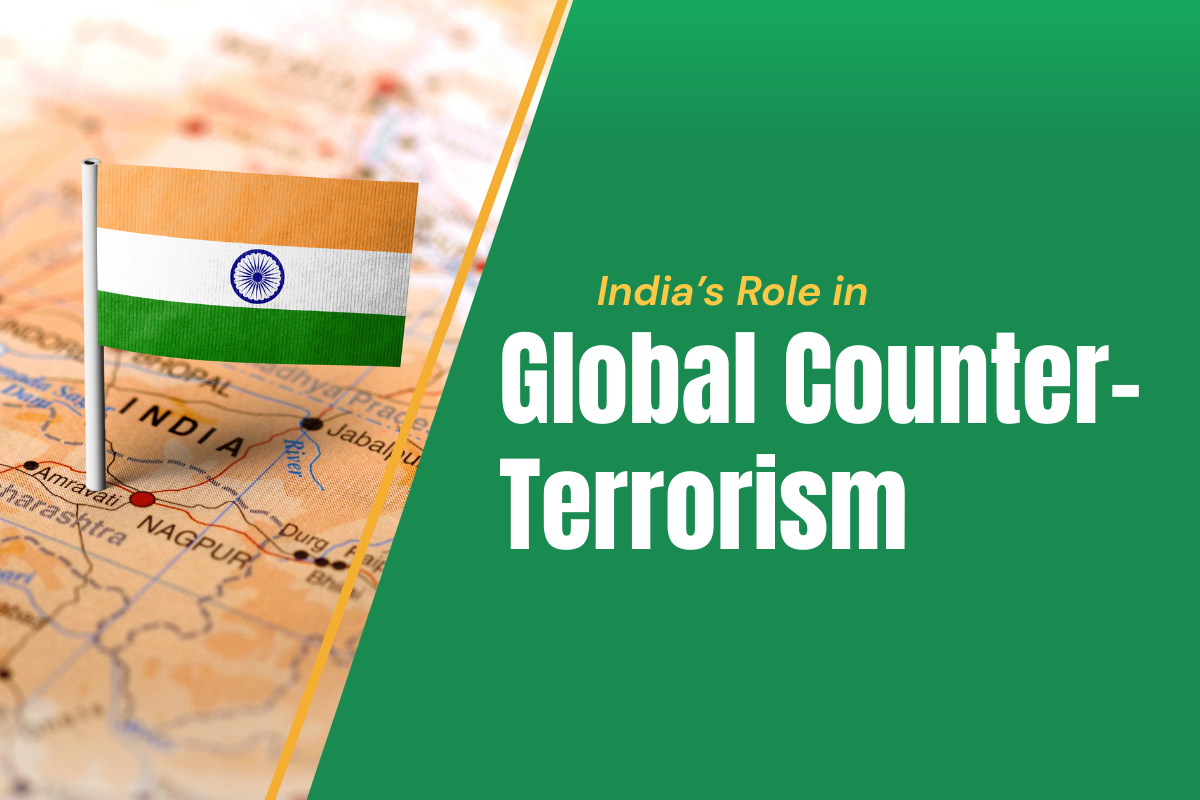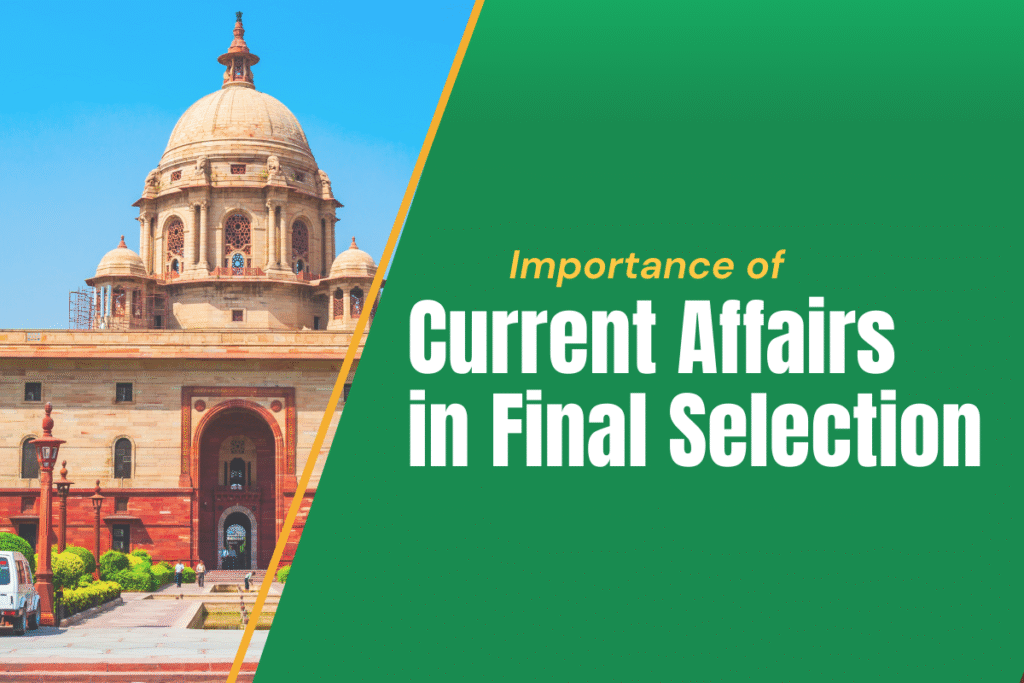
How India Plays Important Role in Global Counter-Terrorism
Terrorism remains one of the most critical challenges to international peace and security. With its own long history of facing cross-border terrorism, India has emerged as a strong voice in global counter-terrorism efforts. From pushing for international conventions at the United Nations to active participation in global forums, India has consistently emphasized the need for a united global response.
This blog explores India’s role in counter-terrorism, its initiatives at the international level, and the challenges that remain.
Why Counter-Terrorism is Important for India
India has been a victim of terrorism for decades (Punjab insurgency, Kashmir militancy, 26/11 Mumbai attacks).
Cross-border terrorism remains a major national security concern.
Global terrorism directly impacts India’s economic growth, security, and foreign relations.
India believes terrorism is a global challenge requiring collective action, not limited to any region or religion.
India’s Role at the United Nations
United Nations Global Counter-Terrorism Strategy (UNGCTS): India supports a comprehensive strategy without double standards.
Comprehensive Convention on International Terrorism (CCIT): Proposed by India in 1996, still under negotiation.
UN Security Council (UNSC): As a non-permanent member (2021–22), India chaired important committees on counter-terrorism.
India consistently demands that nations avoid providing safe havens, funding, or arms to terrorists.
India’s Role in Global & Regional Forums
1. Financial Action Task Force (FATF)
India supports FATF in curbing terror financing.
Advocates for stricter monitoring of countries supporting terror groups.
2. Shanghai Cooperation Organisation (SCO)
Actively raises concerns about cross-border terrorism.
Supports cooperation in intelligence sharing and security frameworks.
3. BRICS Counter-Terrorism Strategy
Calls for cooperation among BRICS nations to combat radicalization, cyberterrorism, and financing networks.
4. QUAD (India, US, Japan, Australia)
Strengthens Indo-Pacific security, including counter-terrorism in maritime zones.
5. Bilateral & Multilateral Engagements
India has signed counter-terrorism agreements with the US, Russia, EU, Israel, France, and Gulf nations.
Shares intelligence and security cooperation with neighbors under SAARC and BIMSTEC frameworks.
Key Domestic Initiatives Supporting Global Efforts
National Investigation Agency (NIA): Investigates terrorism-related crimes.
Unlawful Activities Prevention Act (UAPA): Strengthened legal framework against terror groups.
National Security Guard (NSG): Specialized anti-terror force with international collaboration.
Cybersecurity initiatives: Target online radicalization and terror financing via digital platforms.
Challenges in Global Counter-Terrorism
Lack of consensus on defining terrorism globally.
Geopolitical rivalries where some nations use terrorism as a tool of foreign policy.
Emerging threats like cyberterrorism, lone-wolf attacks, and drone-based attacks.
Slow pace of reforms in global organizations like the UN.
Notes for Quick Revision
📌 India proposed the Comprehensive Convention on International Terrorism (CCIT) in 1996.
📌 Active role in UNSC, FATF, SCO, BRICS, and QUAD.
📌 Advocates against double standards in tackling terrorism.
📌 Focus areas – terror financing, safe havens, radicalization, cyberterrorism.
📌 Challenges – lack of global consensus, misuse of terrorism by some states.
Final Thoughts
India’s consistent efforts highlight that terrorism is a global threat requiring global unity. By pushing for strong conventions, participating in international security frameworks, and strengthening domestic laws, India has become a leading voice in global counter-terrorism efforts.
However, challenges remain, especially the lack of a universal definition of terrorism and the reluctance of some states to act decisively. Going forward, India will continue to champion zero tolerance for terrorism and work towards building a safe, secure, and peaceful global order.
Latest Blogs
Ask your Query
Browse By Category
- Daily Current Affairs (4)
- EPFO (4)
- HP Allied (4)
- HPAS/HAS (9)
- IAS (10)
- Monthly Current Affairs (1)
- PCS (9)
- Uncategorized (1)
- UPSC (9)
- Weekly Current Affairs (2)
- Yearly Current Affairs (5)

Archives
- September 2025 (7)
- August 2025 (10)
- July 2025 (6)





Leave Comment